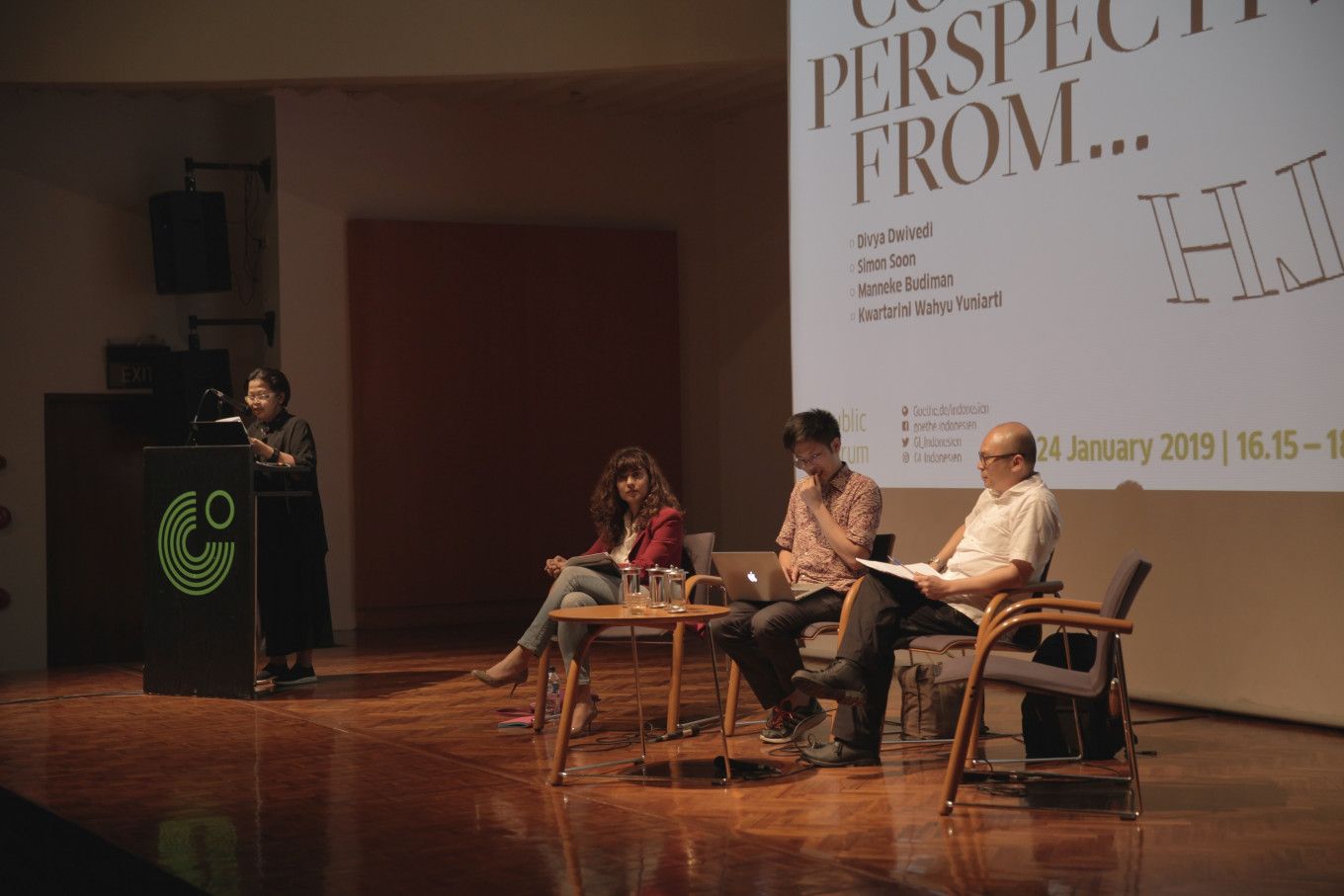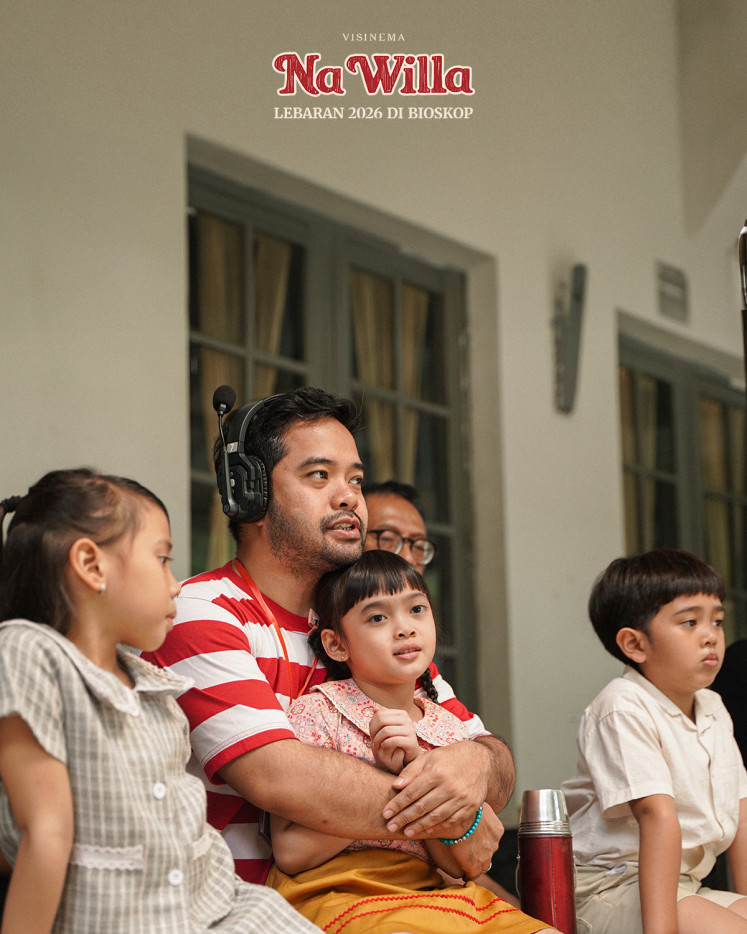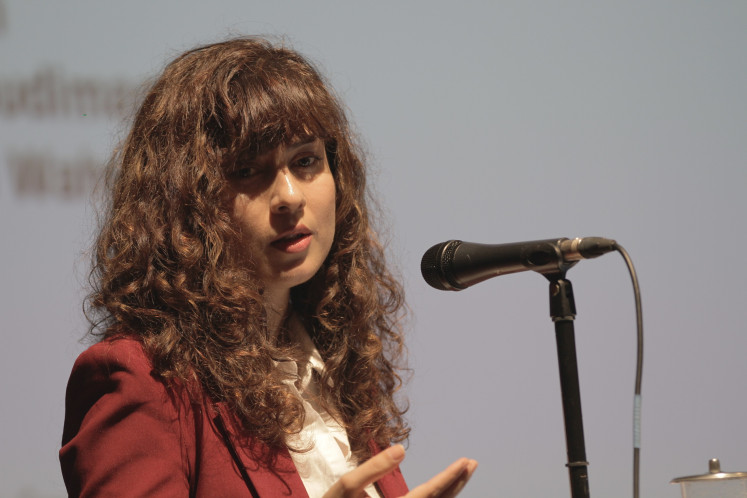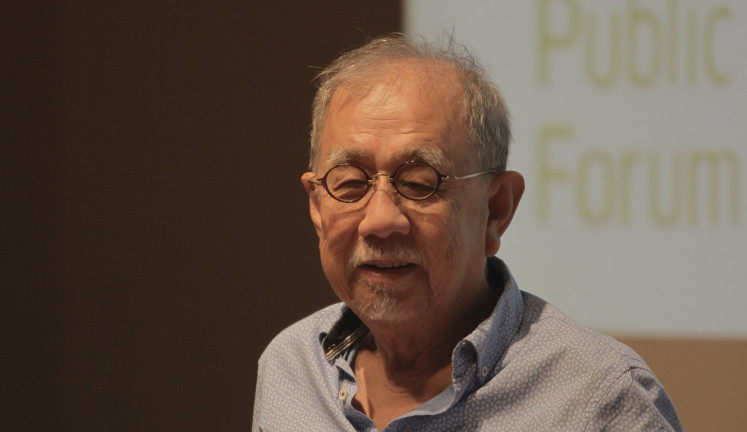Popular Reads
Top Results
Can't find what you're looking for?
View all search resultsPopular Reads
Top Results
Can't find what you're looking for?
View all search resultsWhy is Southeast Asia lacking in postcolonial perspectives?
Change text size
Gift Premium Articles
to Anyone
Despite being one of the most colonized regions in the 19th century, Southeast Asia has a lack of postcolonial literature.
Postcolonialism can mean several different things depending on which academic you talk to. It is a school of philosophy that is hard to comprehend, especially to someone from a non-colonized country.
Encyclopedia Britannica defines postcolonialism as “the historical period or state of affairs representing the aftermath of Western colonialism.”
The encyclopedia, however, notes that the term also applies to describe “the concurrent project to reclaim and rethink the history and agency of people subordinated under various forms of imperialism.”
Postcolonialism is a hot button issue for a lot of academics, including those in Southeast Asian countries once under the rule of Western colonizers.
Sociologists, historians and curators dived deep into this issue in Postcolonial Perspectives from the Global South, a public forum hosted by the Goethe Institute Jakarta on Jan. 24 and 25 at GoetheHaus Jakarta.
Two panel discussions, in particular, shed light on why Southeast Asia, despite its long history of colonialism, has limited postcolonial perspectives compared to South Asia.
“It’s very important to discuss the comparative studies of colonial histories of different parts of the world,” said Divya Dwivedi, a philosopher with the Indian Institute of Technology Delhi.
“Because [it enables us] to study the extent and the role they have in shaping the present and future everywhere.”
Divya Dwivedi, a philosopher and assistant professor at the Indian Institute of Technology Delhi. (Goethe Institut/-)In a separate panel, Chua Beng Huat, a sociology professor at the National University of Singapore, said there had been an absence of postcolonial discourse in Southeast Asia. It can be seen from the lack of postcolonial literature, especially in English language, on the region despite its long history under colonial rule.
Southeast Asia, according to Chua, has had possibly the most protracted anti-colonialist process in the world, with some countries such as Vietnam having been at war with Western nations for several decades after World War II.
So why are postcolonial studies so absent from Southeast Asia?
Chua compares Southeast Asia with the South Asian country of India, where a deep concern about history prompted Indian academics to produce a swath of postcolonial perspectives.
Political progress also plays a huge role in the development of India’s postcolonial discourse. After Britain left India in 1947, the newly formed nation transitioned fairly neatly into a liberal democracy with a constitution. The country’s national doctrine formed well although Indian society was and is still marred by problems like caste and corruption.
Such a smooth democratic transition did not happen in the majority of Southeast Asian countries.
Chua Beng Huat, a sociology professor at the National University of Singapore. (Goethe Institut/-)“The new states were embroiled in insurgency or civil wars instigated by two contesting ideologies and their respective sponsoring states” Chua, the author of Liberalism Disavowed: Communitarianism, said.
Many countries in the region struggled to stabilize themselves and ultimately fell into authoritarian rule.
“Stability came in different guises of an authoritarian state which systematically suppressed through legal and or illegal means, including mass murder in some cases, the very organic political left – which would have been critical participants in the de-colonization process.”
In the panel discussion, Chua, historian Andi Achdian and Education and Culture Ministry's director general of culture Hilmar Farid concluded that the decimation of the intellectual left had disrupted any critical analysis of the countries’ colonial past.
“Contemporary South East Asian scholars seem to wear the region history very lightly, with the possible exception of historians,” Chua suggested.
“The suppression and erasure of the deep-seated civilizational past by the European colonialists seems to be of little interest today to South East Asian scholars.”
However, that is not to say that the colonial issue is overlooked in Southeast Asian countries, including Indonesia. In fact, the GoetheHaus auditorium was filled to near capacity with young Indonesian students keenly listening in on the discussion about the country’s bitter past that happened decades before they were born.
-The writer is an intern at the Jakarta Post













